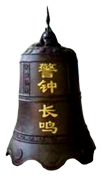|
梁一雄
梁一雄,广西人,曾任我班学习委员。 毕业后分配到位于河北保定市的河北农业大学任教。 1980年考入南开大学外文系英国文学研究生。 后留学美国,在Temple University 获英国文学博士学位。 现在美国 纽约州Utica市的Mohawk Valley Community College 英文系任教授。
  

毕业照前排左起第一人为梁一雄,1965
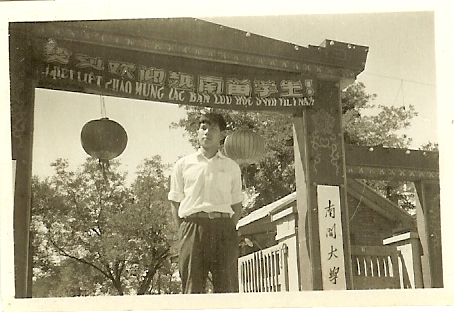
梁一雄回母校 , late 1960s

一雄老照片(尽管照片折了,仍显其英俊)
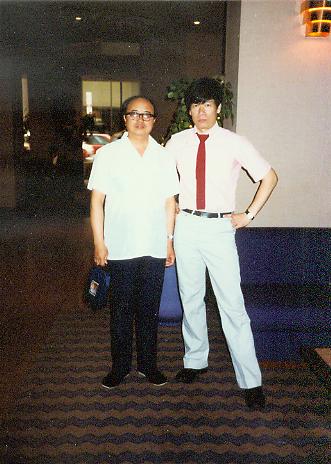
张连泰梁一雄,Phildelphia 1989
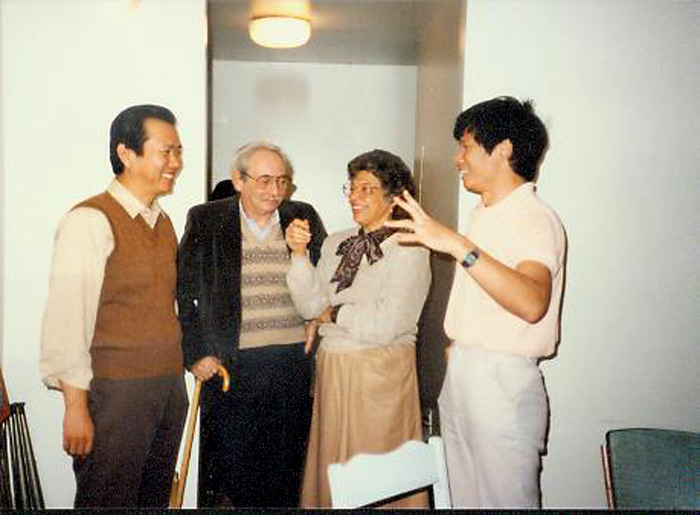
常耀信、梁一雄在Temple University,1980s

梁一雄为南开领导作翻译,Philadelphia 1980s
|
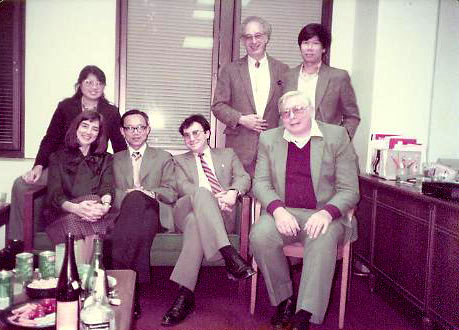
李明德访问Temple Universityb并看望老同学梁一雄, Philadelphia 1984
|
| |
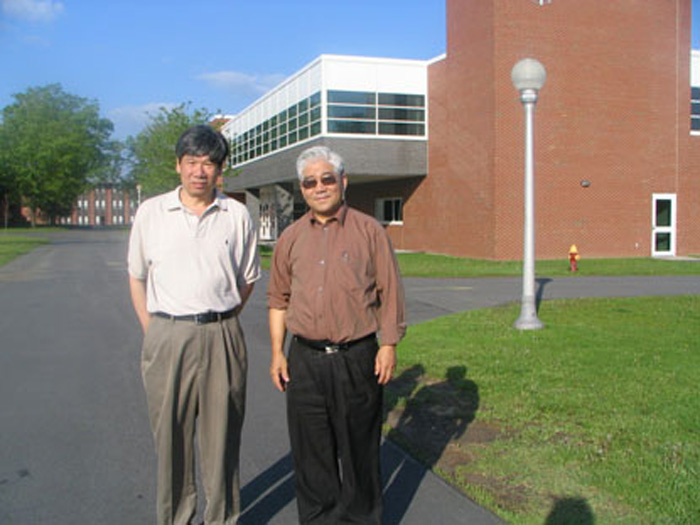
梁一雄高东山, MVCC校园, 2006年5月



郑淑德梁一雄祝宝银 ,05/29/2006,Utica, NY,
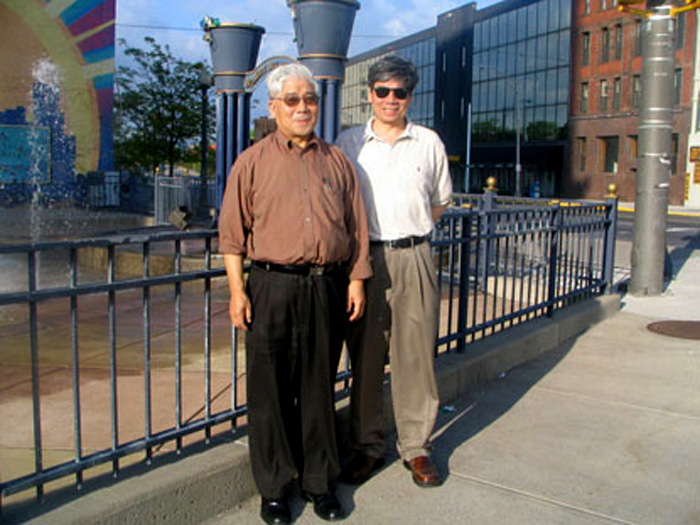
梁一雄高东山 ,05/29/2006,Utica, NY,
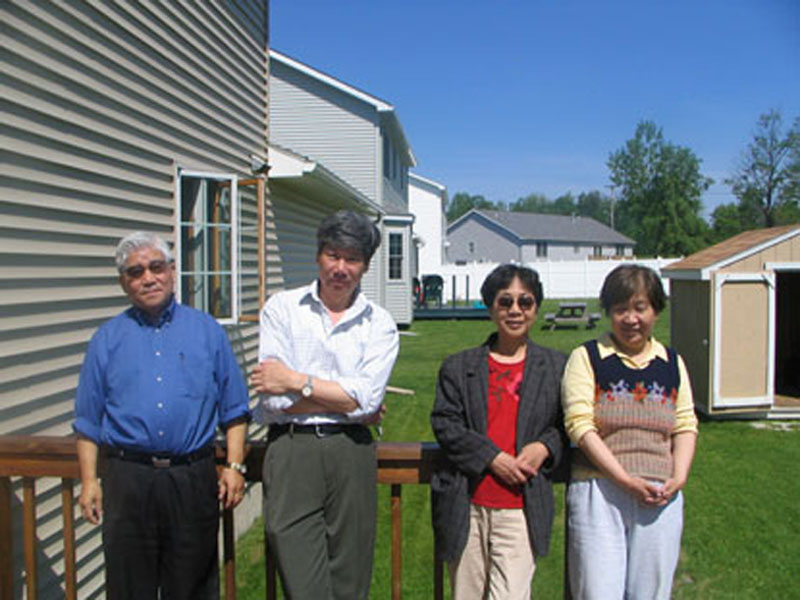
梁一雄高东山祝宝银郑淑德 ,05/29/2006,Utica, NY,
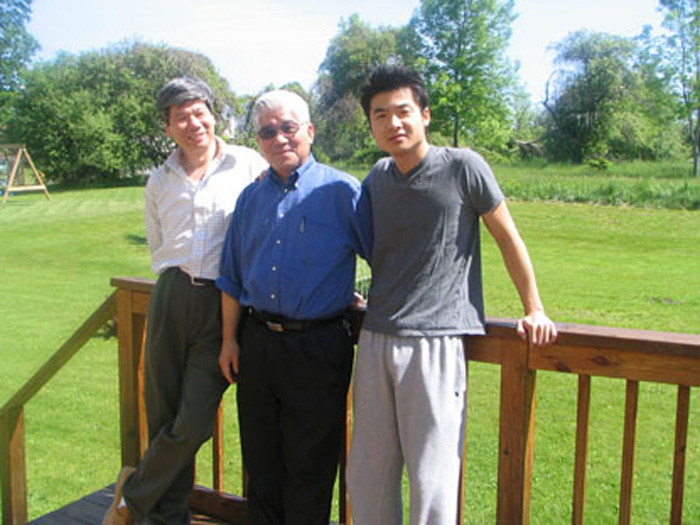
梁一雄高东山Michael ,05/29/2006,Utica, NY,

梁一雄祝宝银郑淑德 ,05/29/2006,Utica, NY,
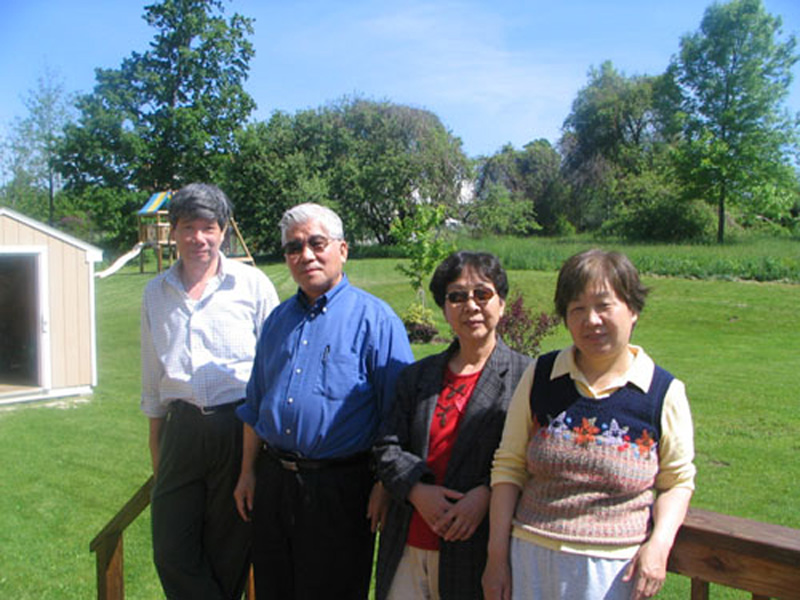
梁一雄高东山祝宝银郑淑德 ,05/29/2006,Utica, NY,
                                      
梁一雄2008年6月回国在天津北京与老同学聚会的照片

前排左起刘焕群贺新蔡文美王蕴茹杨新芝刘秀请刘焕群之孙
后排左起李广然梁一雄李明德常耀信朱文俊张连泰王陞印

梁一雄、许荣仙、潘子立

许荣仙、王蕴茹、朱柏桐、梁一雄
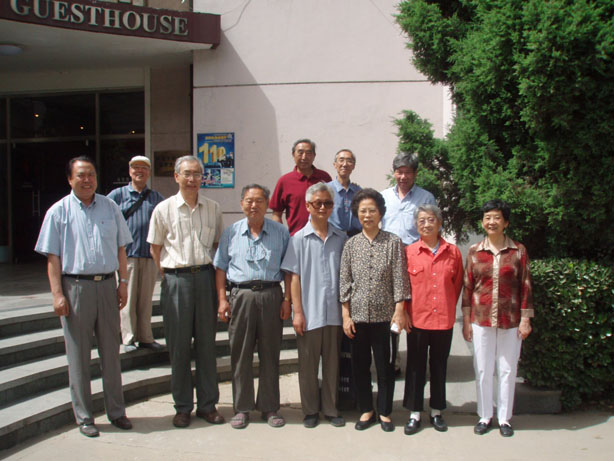
左起崔永禄、李广然、刘士聪、吴则田、宫自强、杨俊起、李维树、王蕴茹、梁一雄、朱柏桐、谷启楠
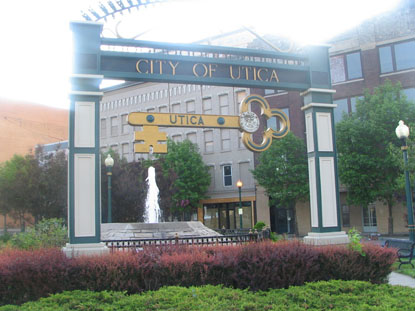
Utica of NYS 的市标,2006
                                  
|
|
English Poet Robert Herrick (1591-1674) |
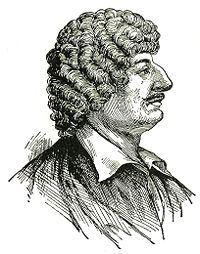
(This work of art is in the public domain.)
Robert Herrick's reputation rests on Hesperides, and the much shorter Noble Numbers, spiritual works, published together in 1648. He is well-known for his style and, in his earlier works, frequent references to lovemaking and the female body. His later poetry was more of a spiritual and philosophical nature. Among his most famous short poetical sayings are the unique monometers, such as "Thus I / Pass by / And die,/ As one / Unknown / And gone."
Herrick never married, and none of his love-poems seem to connect directly with any one beloved woman. He loved the richness of sensuality and the variety of life, and this is shown vividly in such poems as Cherry-ripe, Delight in Disorder and Upon Julia’s Clothes.
His poems were not widely popular at the time they were published. His style was strongly influenced by Ben Jonson, by the classical Roman writers, and by the poems of the late Elizabethan age. This must have seemed quite old-fashioned to an audience whose tastes were tuned to the complexities of the metaphysical poets such as John Donne and Andrew Marvell. His works were rediscovered in the early nineteenth century, and have been regularly printed ever since.
The Victorian poet Swinburne described Herrick as the greatest song writer...ever born of English race. It is certainly true that despite his use of classical allusions and names, his poems are easier for modern readers to understand than those of many of his contemporaries. This is partly because they are less profound, and partly because he expresses his thoughts and feelings with such grace and precision.
 
To Virgins, to Make Much of Time*
by Robert Harrick |
|
Gather ye rosebuds while ye may,
Old time is still a-flying
And this same flower that smiles today
Tomorrow will be dying.
The glorious lamp of heaven, the sun,
The higher he's a-getting,
The sooner will his race be run,
And nearer he's to setting.
That age is best which is the first,
When youth and blood are warmer;
But being spent, the worse, and worst
Times still succeed the former.
Then be not coy, but use your time,
And, while ye may, go marry;
For, having lost but once your prime,
You may forever tarry.
*This poem is an example of the carpe diem (seize the day) genre; the popularity of Herrick's poems of this kind helped revive the genre.
|
|
Gather Ye rosebuds While Ye May, by John William Waterhouse, (1909)
(This work of art is in the public domain.)
The Vine
by Robert Herrick |
|
I dreamed this mortal part of mine
Was metamorphosed to a vine,
Which, crawling one and every way,
Enthralled my dainty Lucia.
Methought, her long small legs and thighs
I with my tendrils did surprise:
Her belley, buttocks, and her waist
By my soft nervelets were embraced
About her head I writhing hung
And with rich clusters (hid Amoung
The leaves) her temples i behung,
So that my Lucia seemed to me
Young Bacchus ravished by his tree.
My curls about her neck did crawl,
ANd arms and hands they did enthrall,
So that she could not freely stir
( All parts there made one prisoner).
But when I crept with leaves to hide
Those parts which maids keep unespied,
Such fleeting pleasures there I took
That with the fancy i awoke,
And found (ah me!) this flesh of mine
More like a stock than like a vine. |
|
Delight in Disorder
by Robert Herrick |
|
A sweet disorder in the dress
Kindles in clothes a wantonness;
A lawn about the shoulders thrown
Into a fine distraction;
An erring lace, which here and there
Enthrals the crimson stomacher;
A cuff neglectful, and thereby
Ribbons to flow confusedly;
A winning wave, deserving note,
In the tempestuous petticoat;
A careless shoe-string, in whose tie
I see a wild civility;--
Do more bewitch me, than when art
Is too precise in every part.
|
|
To Daffodils
by Robert Herrick |
|
Fair Daffodils, we weep to see
You haste away so soon;
As yet the early-rising sun
Has not attain'd his noon.
Stay, stay,
Until the hasting day
Has run
But to the even-song;
And, having pray'd together, we
Will go with you along.
We have short time to stay, as you,
We have as short a spring;
As quick a growth to meet decay,
As you, or anything.
We die
As your hours do, and dry
Away,
Like to the summer's rain;
Or as the pearls of morning's dew,
Ne'er to be found again. |
|
Corinna's Going A-Maying*
by Robert Herrick |
|
Get up, get up for shame, the blooming Morn
Upon her wings presents the god unshorn.
See how Aurora throws her fair
Fresh-quilted colours through the air;
Get up, sweet slug-a-bed, and see
The dew bespangling herb and tree.
Each flower has wept, and bow'd toward the east,
Above an hour since; yet you not drest,
Nay! not so much as out of bed?
When all the birds have matins said,
And sung their thankful hymns, 'tis sin,
Nay, profanation, to keep in,
Whenas a thousand virgins on this day
Spring, sooner than the lark, to fetch in May.
Rise; and put on your foliage, and be seen
To come forth, like the spring-time, fresh and green;
And sweet as Flora. Take no care
For jewels for your gown, or hair;
Fear not, the leaves will strew
Gems in abundance upon you;
Besides, the childhood of the day has kept,
Against you come, some orient pearls unwept;
Come and receive them while the light
Hangs on the dew-locks of the night;
And Titan on the eastern hill
Retires himself, or else stands still
Till you come forth. Wash, dress, be brief in praying;
Few beads are best when once we go a-Maying.
Come, my Corinna, come; and, coming, mark
How each field turns a street, each street a park
Made green and trimm'd with trees; see how
Devotion gives each house a bough
Or branch; each porch, each door ere this
An ark, a tabernacle is,
Made up of white-thorn, neatly interwove;
As if here were those cooler shades of love.
Can such delights be in the street
And open fields and we not see't?
Come, we'll abroad; and let's obey
The proclamation made for May,
And sin no more, as we have done, by staying;
But my Corinna, come, let's go a-Maying.
There's not a budding boy, or girl, this day,
But is got up, and gone to bring in May.
A deal of youth, ere this, is come
Back, and with white-thorn laden, home.
Some have despatch'd their cakes and cream,
Before that we have left to dream;
And some have wept, and woo'd, and plighted troth,
And chose their priest, ere we can cast off sloth;
Many a green-gown has been given;
Many a kiss, both odd and even;
Many a glance too has been sent
From out the eye, love's firmament;
Many a jest told of the keys betraying
This night, and locks pick'd, yet we're not a-Maying.
Come, let us go, while we are in our prime;
And take the harmless folly of the time.
We shall grow old apace, and die
Before we know our liberty.
Our life is short, and our days run
As fast away as does the sun;
And as a vapour, or a drop of rain,
Once lost, can ne'er be found again,
So when or you or I are made
A fable, song, or fleeting shade,
All love, all liking, all delight
Lies drown'd with us in endless night.
Then while time serves, and we are but decaying,
Come, my Corinna, come, let's go a-Maying.
*A-maying: On May Day morning, it was the
custome to gather whitethorn blossoms and
trim the house with them. |
|
| |
A Lyric to Mirth
by Robert Herrick |
|
While the milder fates consent,
Let's enjoy our merriment :
Drink, and dance, and pipe, and play ;
Kiss our dollies night and day :
Crowned with clusters of the vine,
Let us sit, and quaff our wine.
Call on Bacchus, chant his praise ;
Shake the thyrse, and bite the bays :
Rouse Anacreon from the dead,
And return him drunk to bed :
Sing o'er Horace, for ere long
Death will come and mar the song :
Then shall Wilson and Gotiere
Never sing or play more here.
|
|
To Blossoms
by Robert Herrick |
|
Fair pledges of a fruitful tree,
Why do ye fall so fast?
Your date is not so past,
But you may stay yet here a-while,
To blush and gently smile;
And go at last.
What, were ye born to be
An hour or half's delight;
And so to bid good-night?
'Twas pity Nature brought ye forth,
Merely to show your worth,
And lose you quite.
But you are lovely leaves, where we
May read how soon things have
Their end, though ne'er so brave:
And after they have shown their pride,
Like you, a-while;--they glide
Into the grave.
|
|
Upon Julia's Clothes
by Robert Herrick |
|
Whenas in silks my Julia goes,
Then, then, methinks, how sweetly flows
That liquefaction of her clothes!
Next, when I cast mine eyes, and see
That brave vibration each way free;
O how that glittering taketh me. |
|
 
|
|
